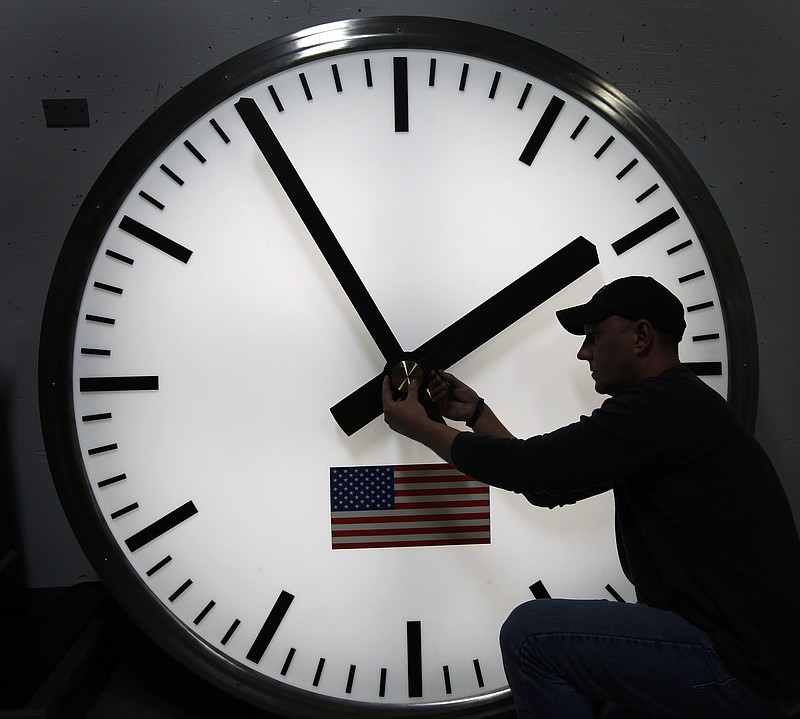WASHINGTON -- The Senate unanimously approved a measure Tuesday that would make daylight saving time permanent across the United States next year.
The bipartisan bill, named the Sunshine Protection Act, would ensure Americans would no longer have to change their clocks twice a year. But the bill still needs approval from the House and the signature of President Joe Biden to become law.
"No more switching clocks, more daylight hours to spend outside after school and after work and more smiles -- that is what we get with permanent Daylight Saving Time," Sen. Ed Markey, D-Mass., the original cosponsor of the legislation, said in a statement.
Markey was joined on the chamber floor by senators from both parties as they made the case for how making daylight saving time permanent would have positive effects on public health and the economy and even cut energy consumption.
"Changing the clock twice a year is outdated and unnecessary," Republican Sen. Rick Scott, R-Fla., said.
"I've said it before and I'll say it again: Americans want more sunshine and less depression -- people in this country, all the way from Seattle to Miami, want the Sunshine Protection Act," Sen. Patty Murray, D-Wash., added.
Nearly a dozen states across the U.S. have already standardized daylight saving time.
Daylight saving time is defined as a period between spring and fall when clocks in most parts of the country are set one hour ahead of standard time. Americans last changed their clocks on Sunday. Standard time lasts for roughly four months in most of the country.
Members of Congress have long been interested in the potential benefits and costs of daylight saving time since it was first adopted as a wartime measure in 1942. The proposal will now go to the House, where the Energy and Commerce Committee had a hearing to discuss possible legislation last week.
Rep. Frank Pallone agreed in his opening statement at the hearing that it is "time we stop changing our clocks." But the committee chairman, D-N.J., said he was undecided about whether daylight saving time or standard time is the way to go.
Markey said Tuesday, "Now, I call on my colleagues in the House of Representatives to lighten up and swiftly pass the Sunshine Protection Act."
